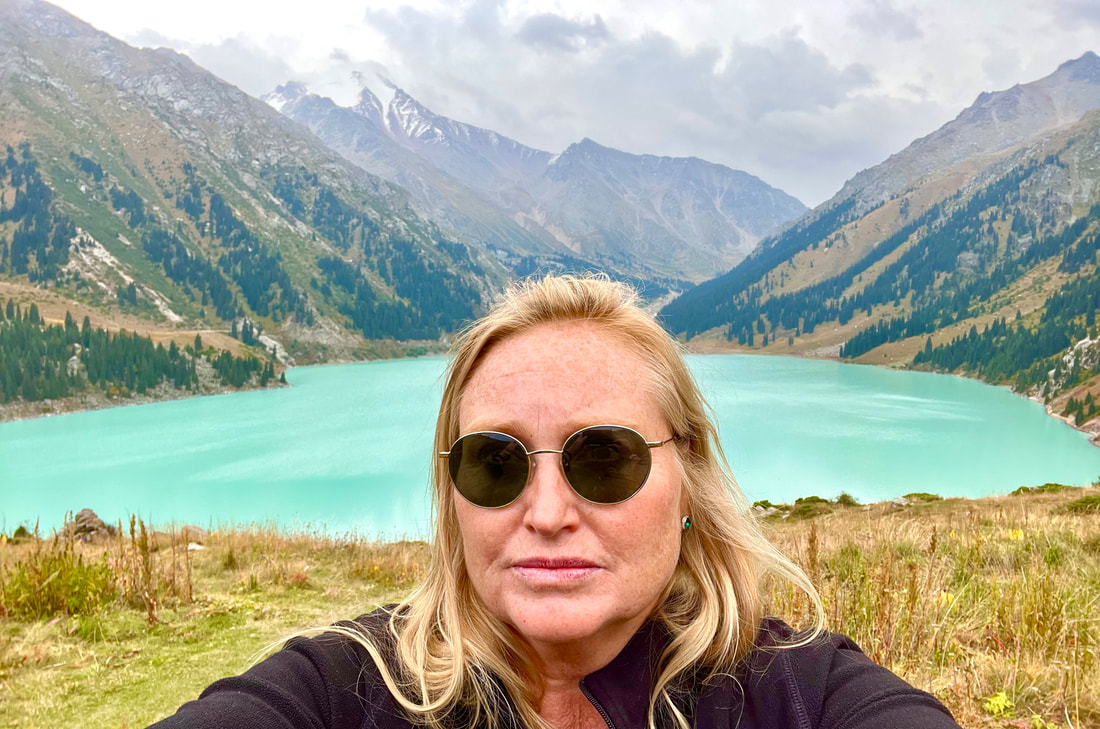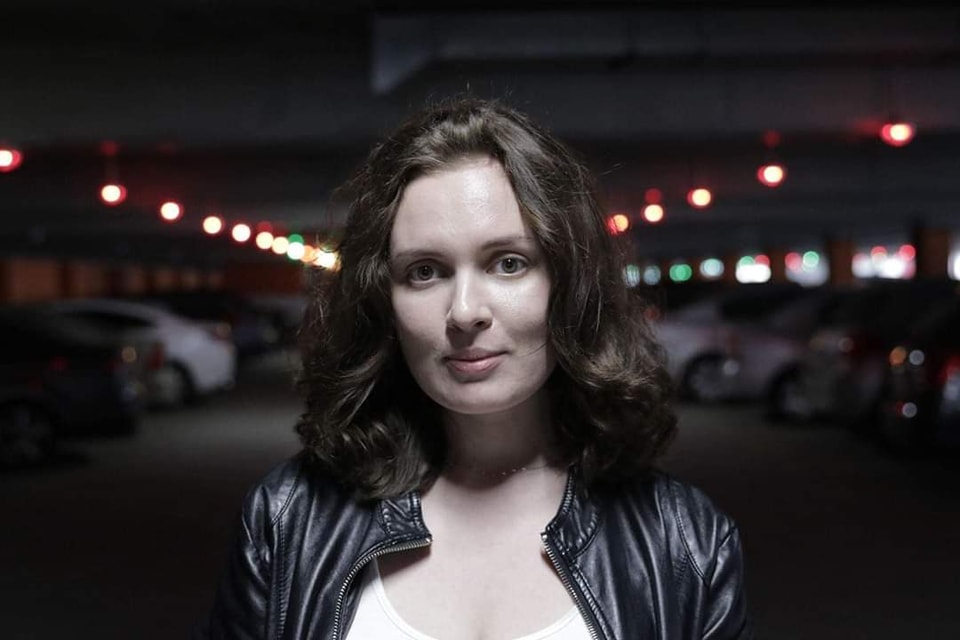|
Meet Katerina Andreeva, one of the bravest journalists in all of the post-Soviet autocracies. Currently, Andreeva and her colleague, videographer Daria Chultsova, are serving the final six months of a two-year sentence in a prison colony for live-streaming a protest in Minsk in November of 2020. Because of the ludicrous nature of the charges and the "investigation," Andreeva defiantly asked the judge after hearing the verdict: “Why didn’t you give us 25 years?”
But last month, the Belarusian government handed down another charge against Andreeva. This time the charge is for treason and she now faces a prison sentence of 7 to 15 years. It's believed these charges are in relation to stories she reported about Belarusian soldiers for hire who fought in Donbas in Ukraine. The KGB conducted the investigation into these mysterious treason charges, Andreeva's husband, journalist Igor Ilyash, told me. He said the court will be closed and lawyers are not even allowed to tell him or Andreeva's family members the circumstances surrounding the charges. He's not even sure when the court will hear the case. I met Andreeva in the summer of 2018 while working on a story about retaliations against journalists in Belarus. The story was later published in the Washington Post. Then 24, Andreeva had already been detained twice by the police. Once she was strip-searched and falsely accused of hiding a camera in a crevice of her body. She showed me the stories about the Belarusian soldiers fighting in Donbas. Andreeva started reporting these stories back in 2017. So it seems strange that only now the government is coming after her for these reports. Or is it to send a message to other reporters not to report about Belarus's involvement in Russian's war in Ukraine? “The most dangerous thing you can do in Belarus is investigative reporting,” Andreeva told me then. But she refused to back down. Even as we spoke, a KGB officer was sitting across from us at a restaurant. His table spare, the guy wasn't even trying to hide the fact he was spying on us. Andreeva said he'd been following us since we left her apartment. She was used to such harassment by then. "I'm ready to go to prison if I have to," she told me. After our hours-long conversation, I told my husband that the Belarusian government would likely try to quash such defiance and determination. I've been thinking of Andreeva a lot these days. I've spent the last seven weeks in Uzbekistan interviewing journalists and bloggers here. In contrast to Belarus which has 19 journalists in prison, there are no journalists in prison here. But the fear and intimidation expressed by Uzbekistani journalists is palpable. Most are afraid to say anything that might draw attention to themselves. A few brave ones are defiant and tired of self-censoring. Most simply comply with government censors and then lie about it to the public—making up stories for why their website was off line for days or why their coverage of the war in Ukraine has suddenly gone from neutral to nothing but Russian propaganda. When I complain about such cowardice, I'm told that I must understand that these journalists have families and these editors have employees and they are just trying to protect them. But why even be a journalist if you don't have the stomach to face intimidation and harassment? When journalists excuse other journalists' passivity here, I think of Andreeva, who at 28 is facing 15 years in prison. If that happens, her youth and any chance of a family will be taken from her. I think of the other 18 journalists in prison in Belarus, the 24 journalists in prison in Russia, the 26 journalists in prison in Turkey and the three journalists who are in prison in Azerbaijan. The first rule of journalism is: Question authority. Unfortunately, not much of that is happening in Uzbekistan. Comments are closed.
|
Fulbright in Central AsiaFrom March, 2022 to January of 2023, I was a Fulbright Scholar with the U.S. State Department in post-Soviet Central Asia. My previous Fulbright was in Ukraine. For the past six years, I have reported on journalists from post-Soviet countries who have experienced retaliation for reporting the truth. Archives
January 2023
|


 RSS Feed
RSS Feed
